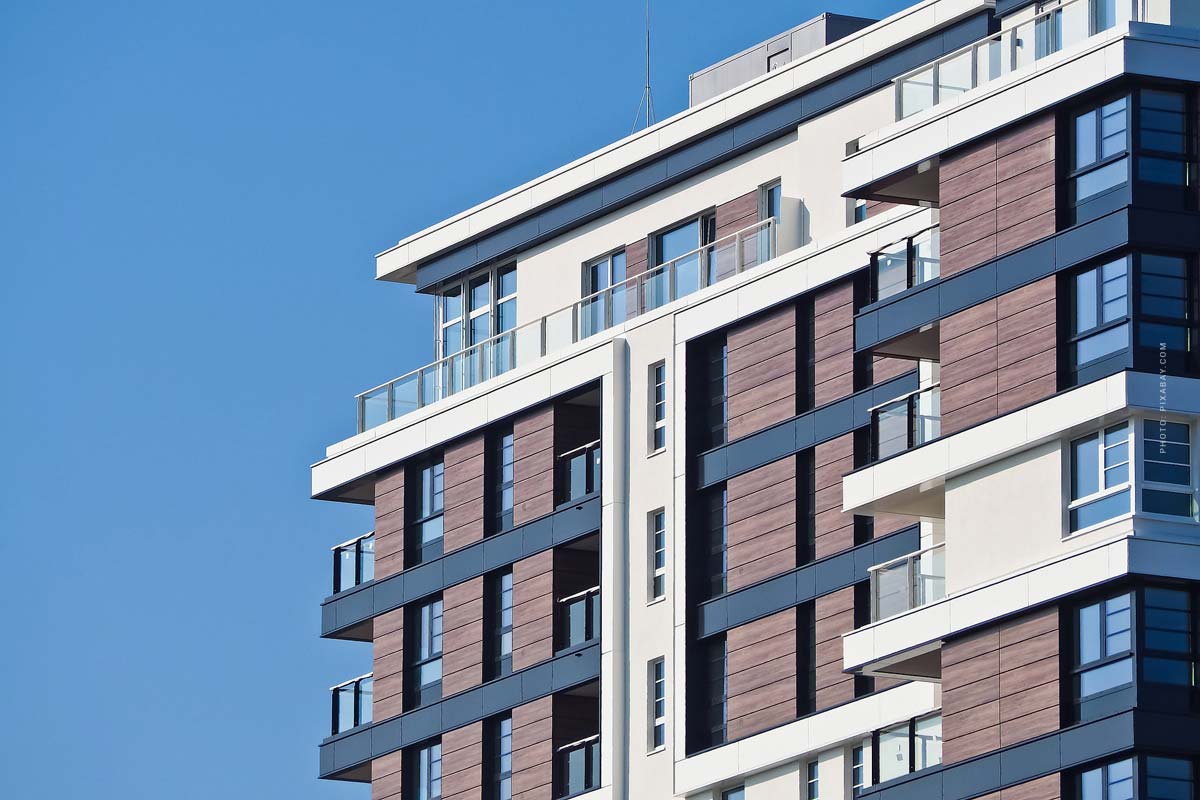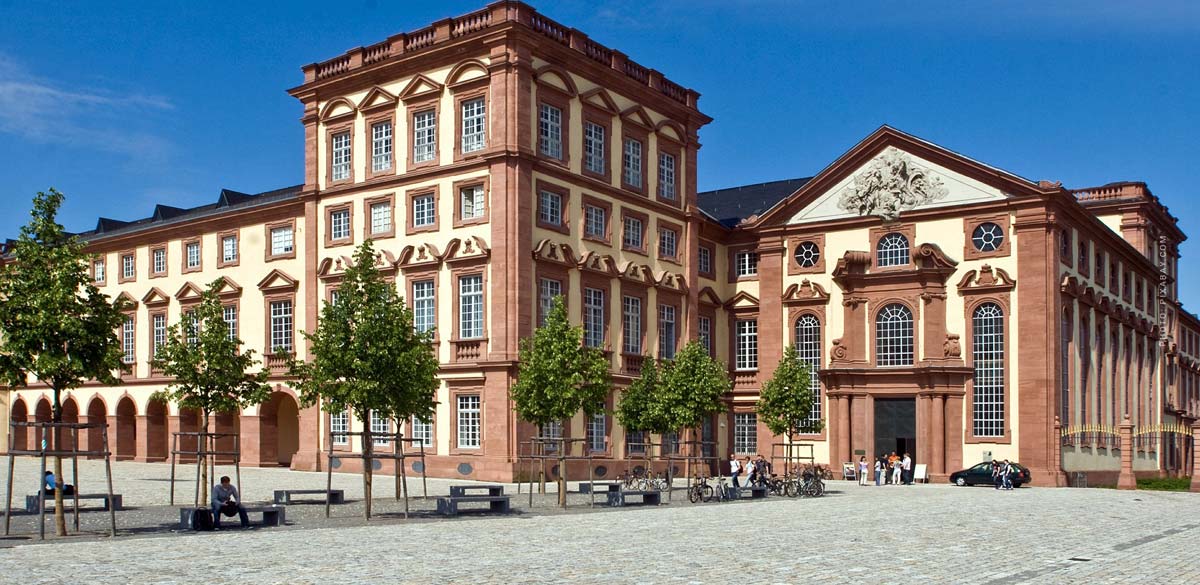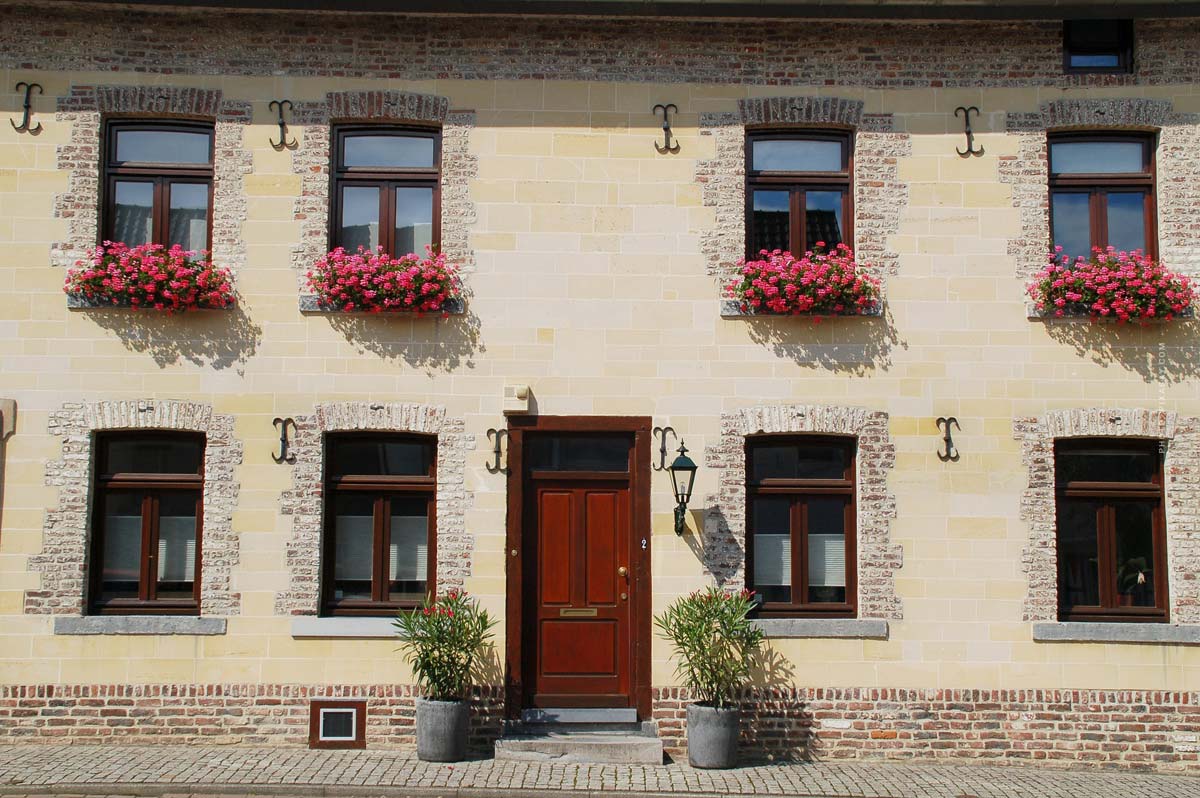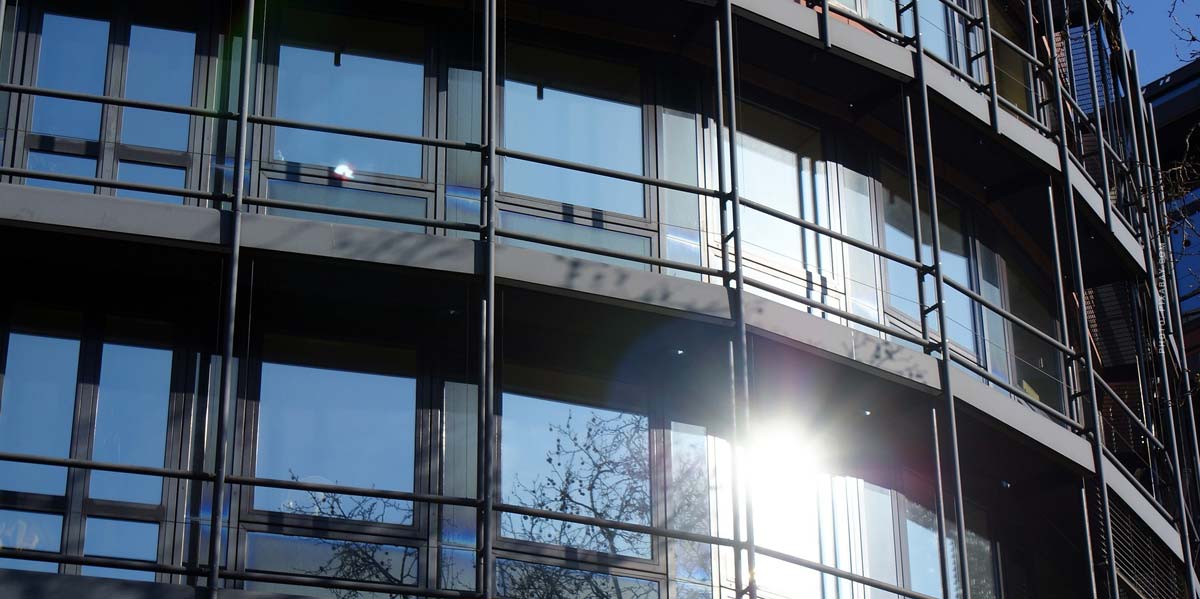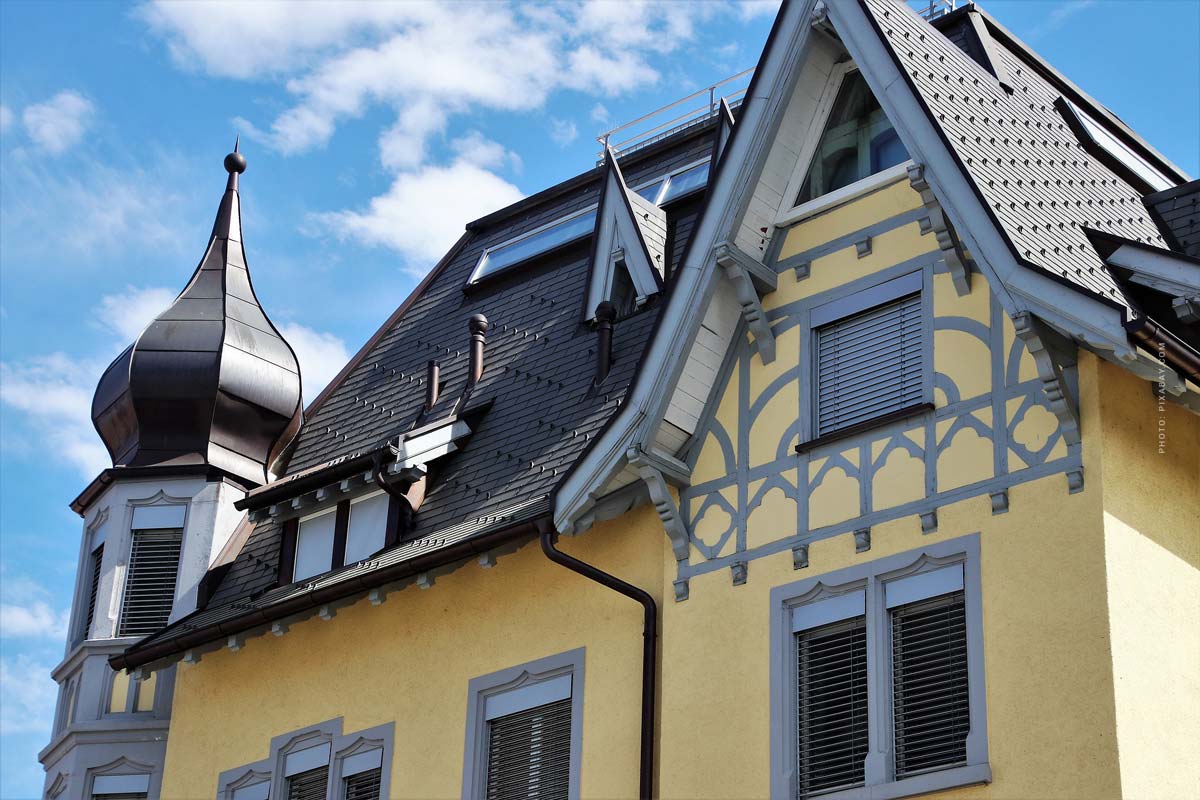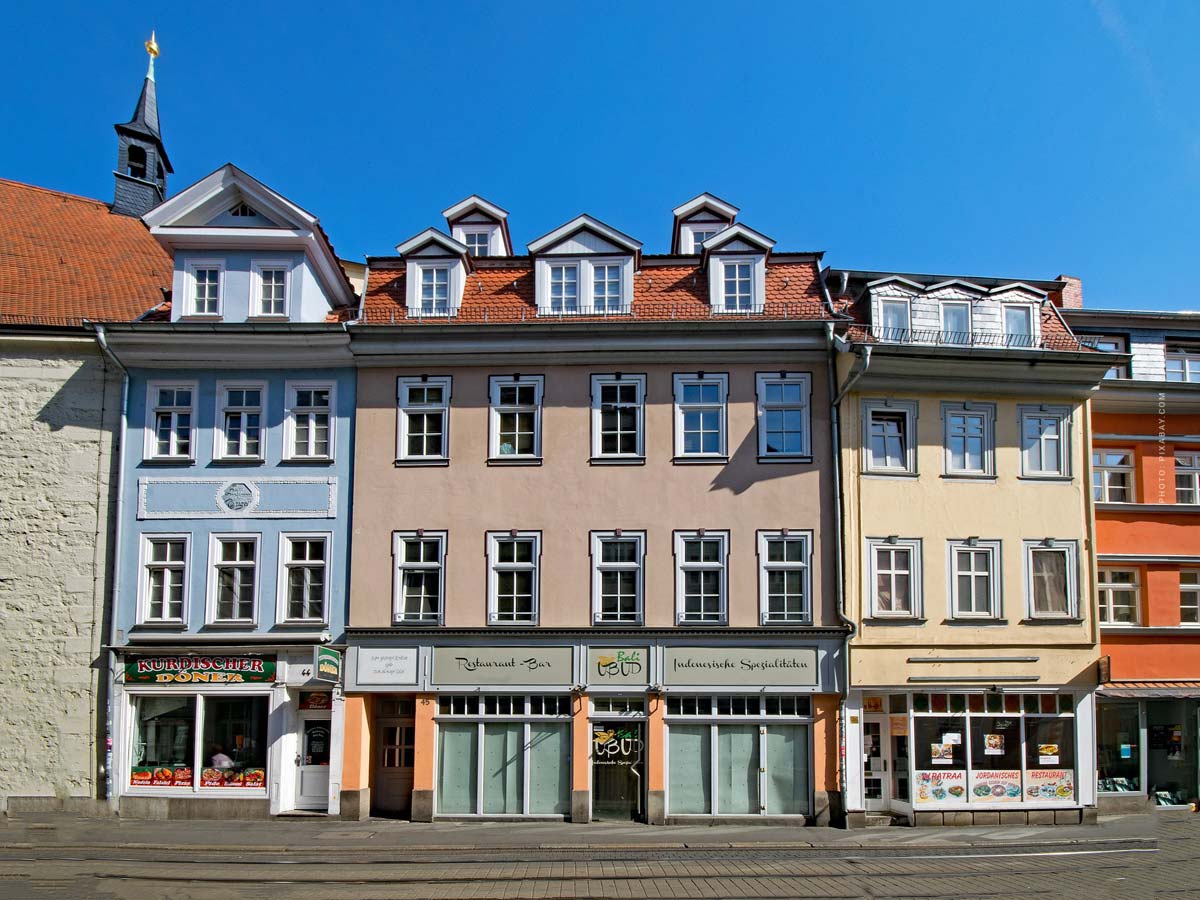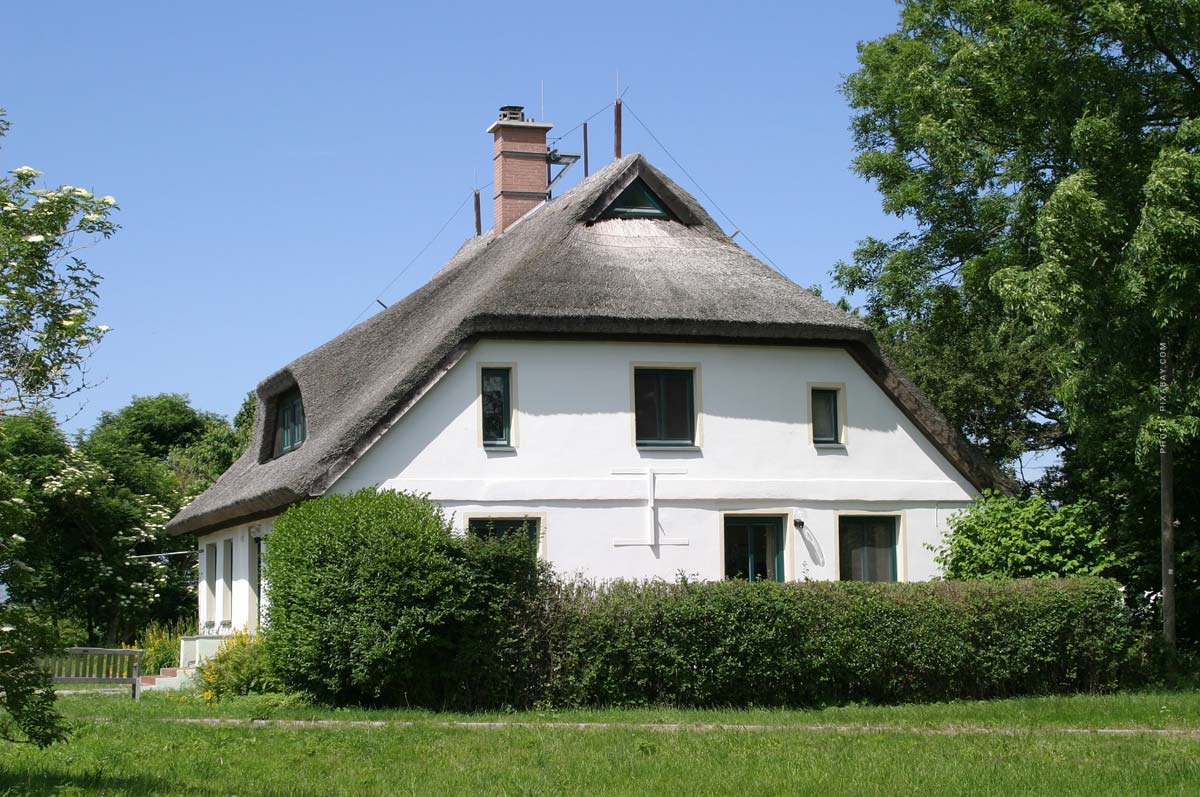Types of real estate: House, apartment & Co. – Everything you need to know
Property types – The first own property, but in which property type should I invest best? This question is often asked by young investors and this is exactly where we have the answers for you! Whether it’s a house, apartment building, condominium, special real estate or commercial real estate, we have put together a comparison of all types of real estate for you. With this guide, you’ll find the easiest entry into the real estate world. Besides the profitable sides, the real estate industry also holds some risks for you. In order to keep these as low as possible, we have put together a guide to buying your first property!
Buying a house: High cost, high risk
The dream of owning your own home – for many, this is a life goal that needs to be achieved. Besides many positive aspects, owning your own home also has its downsides. When you buy a family home, whether for your own use or as an investment, you are always 100% responsible for the costs incurred. Read more about the risk of buying a house here.
(Alb) – Dream: The pitfall of home ownership
For many, the former dream of owning their own home often quickly becomes a nightmare. Many use a building savings contract to pay off a house until retirement age, with the intention of living rent-free. However, the assumption is usually deceptive and you still get into debt, as you are responsible for 100% of the costs incurred. So one is never completely rent-free.
- 100% investment costs
- 100% self-responsibility for costs
- Even after paying off the loan not quite rent-free
3 mistakes when buying a house
There is a lot to consider when buying a house. What many people forget are the mistakes that can be made when buying a house. Here we have the most important points for you, why we advise against a house as a first property.
Error 1
The costs incurred for the house always remain, for which you yourself are 100% responsible. You are never really rent-free with a property for pure personal use.
- Management and maintenance costs of the house remain forever
Solution – For a truly carefree life, it is advisable to maintain a second and third property that you rent out. With the proceeds from these properties you can pay the management and maintenance costs of your own property and, depending on the return, pocket the rest as profit.
Error 2
The property you bought when you were young is not suitable for your old age later on. Sooner or later, the property will have to be remodeled to meet the needs of the elderly, which will incur additional costs.
- Property is not suitable for old age later
- Costs for age-appropriate conversion
- Property sooner or later becomes too big
Error 3
Your credit rating at the bank is reduced by a property with owner-occupancy and without an additional capital investment. Through the self-use of the property, you suddenly have more current expenses than income, the running costs are also always 100% your responsibility. In the event of a job loss, the bank of you additionally has no coverage, because this means loss of income and rent for you and thus a higher risk for you and the bank.
- More running costs, less spending
- Costs 100% personal responsibility
- Job loss means loss of income and rent – risk
Source: Real Estate Types/ Real Estate Experience.com
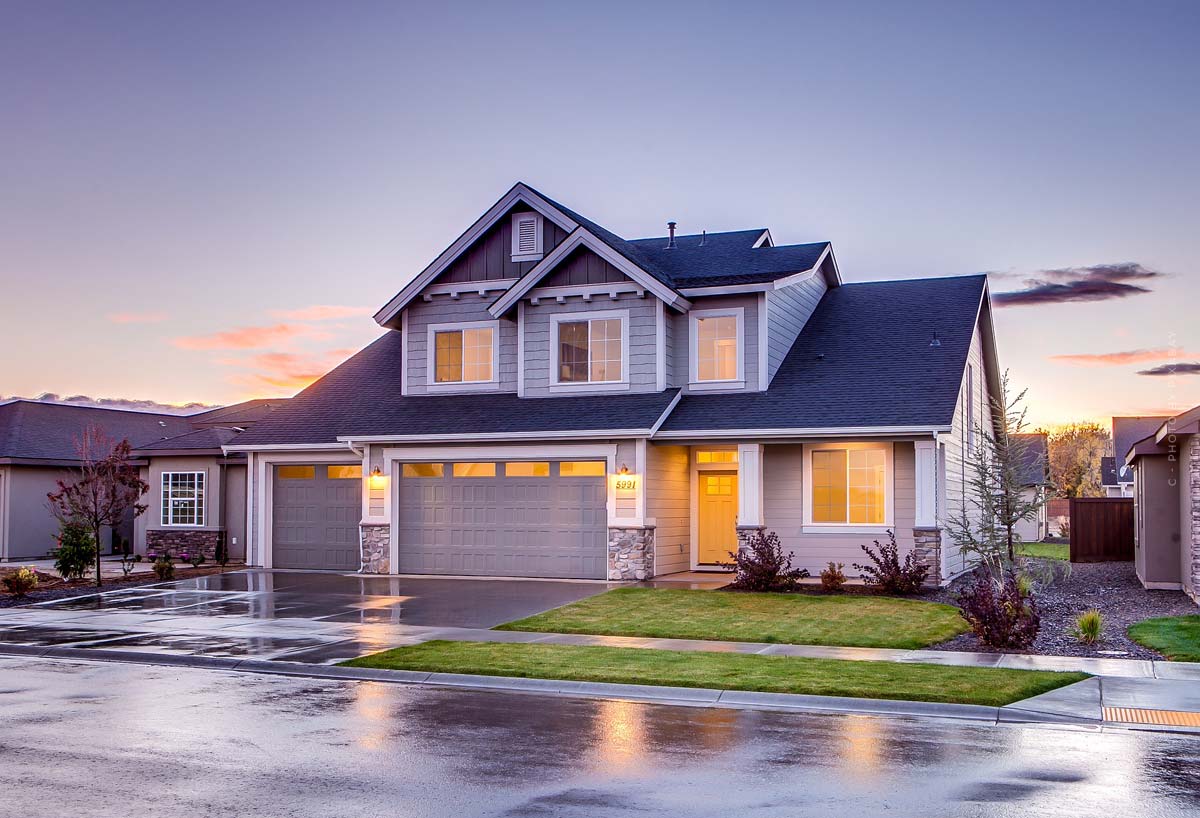
Multi-family house: high equity, high costs
So owner-occupancy is the most expensive way to live. The situation is different with investment property. Here the tenant and the tax office more or less pay off your debts. Therefore, we now come to a multi-family / multi-party house. But real estate beginners are warned! This area is more for experienced people.
So when should you think about buying an apartment building? When you have enough equity to cover the purchase price, management costs, maintenance costs and modernization costs. Despite the ongoing rental income, here, as with owner-occupation, they are 100% responsible for all costs incurred.
Here again in brief summarizes the disadvantages of a multi-family house:
- High equity required to cover costs
- 100% of the costs must be borne by the owner himself as the owner
Residential and commercial buildings (WGH)
WHGs behave similarly to multi-family houses, but are nevertheless much riskier to invest in. Since they are equipped with commercial space in addition to residential units, they are vacant more often than residential units. The area must be maintained nevertheless, whereby additional costs result. This in turn means that you have to raise more equity.
- High risk due to vacancy
- Even higher equity required
- Vacancy must be kept in operation – More costs
Condominium: High yield & cost sharing
The solution for your first property? A condominium! The big advantage? When you buy a condominium, you are part of a community of owners, so you don’t have to bear the costs of a house all by yourself. The costs for maintenance, repair and modernization are shared among all owners. Regardless of whether it is for your own use or an investment property, the running costs are always lower than in a house where you are the sole owner.
- Part of a community of owners
- All costs incurred are divided by the number of owners
A short example: Let’s say we are talking about a heating system for 16,000 euros. You are part of an 8-part apartment building, with 1 condominium. The costs are divided by 8, so you pay -14,000 less and only 2,000 euros for the new, modern heating system.
Commercial, special real estate and monument protection
You should take a closer look at properties with commercial use, listed buildings or properties for a special purpose before buying. Why, you will learn here in a short overview!
Commercial property
- Nothing for beginners
- Subject to different legal framework than residential
- More frequent vacancies than for residential space (fluctuation)
Special real estate
Villa, farm, winery or even workshop and shopping center, all these are special real estate.
- More difficult financing due to high risk for banks
- Rather buy in A- and B- locations, as a rural location carries too high a risk
Real estate under monument protection
Real estate with historical value and special status (rights, obligations, taxes and subsidies).
- Tax incentives
- Higher costs for repair
- Restrictions on structural changes

Conclusion: What should I invest in at the beginning?
If you look at our comparison, you can clearly see that every property, except condominium, has disadvantages. Therefore, our conclusion is: condominiums are the easiest way to get started in real estate. Here again briefly our most important points at a glance:
- Self-use is the most expensive way to live – you are responsible for 100% of the costs yourself
- Ideal case for entry: condominium, for rent (investment), with good return!
- If it is to be owner-occupied, then directly with 2nd or 3rd property as an investment.
The next step: how to build your assets?
Are you interested in real estate to secure and build up your assets? Then read on here: Everything on the subject of investment, value investment and inflation.
